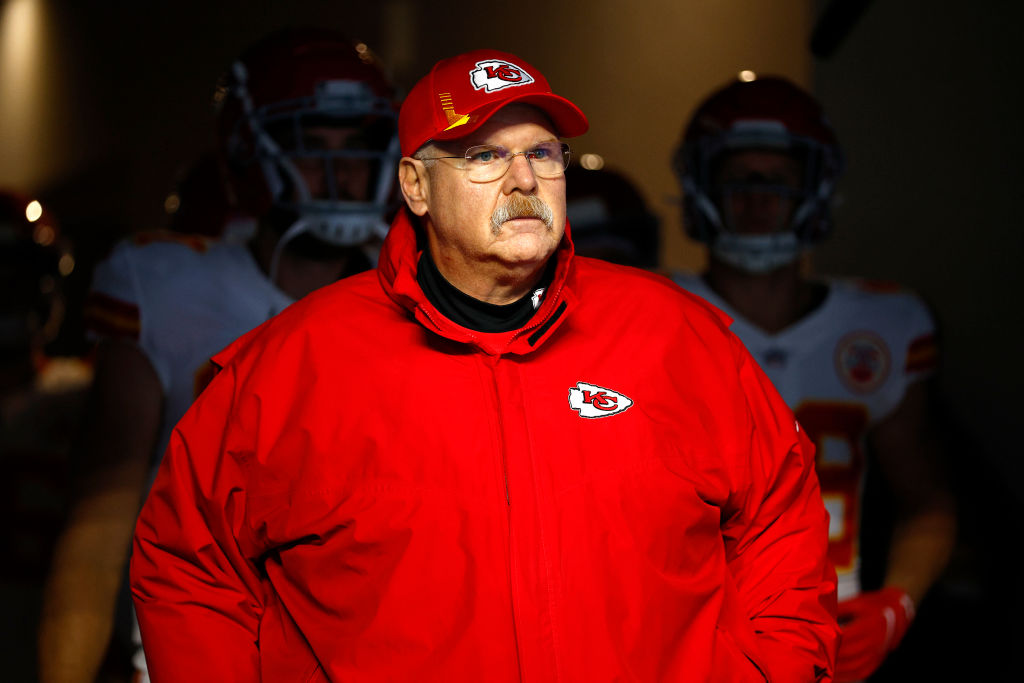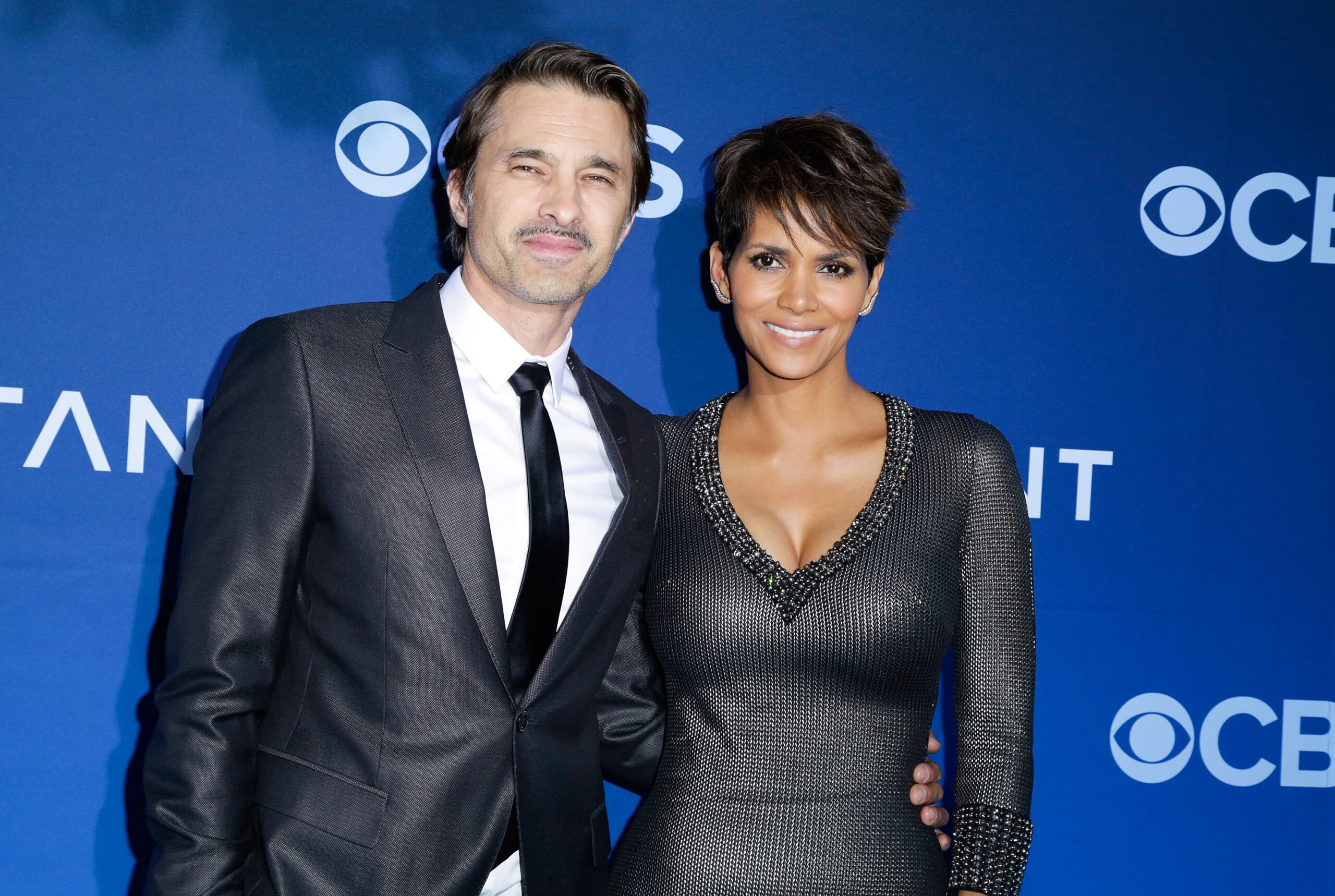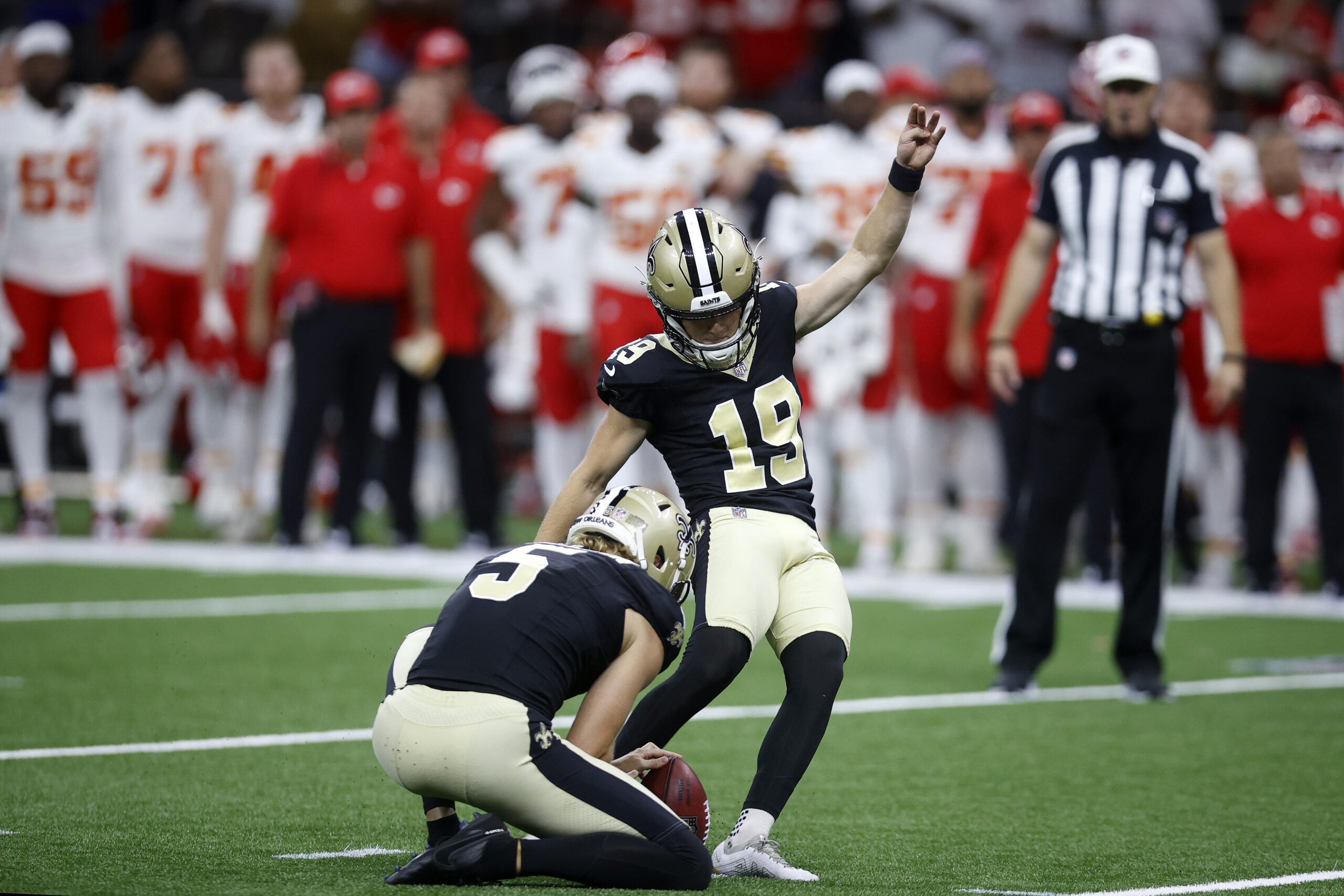Even the winning coach, in this case Andy Reid, is questioning the NFL’s overtime setup.
One day after Reid’s Chiefs won the OT coin toss, then marched downfield for Travis Kelce’s 8-yard touchdown reception to end an epic divisional round game with Buffalo, Reid recognized how fortunate Kansas City was.
“I had a chance to talk with Sean afterward,” Reid said of Bills coach Sean McDermott, “and that I’m sure is something they’re going to look at again, too. And I wouldn’t be opposed to it — it’s a hard thing. It was great for us last night, but is it great for the game which is the most important thing we should all be looking out for? To make things equal, it probably needs to be able to hit both offenses, both defenses.”
That never happened Sunday, and it has not happened much in the playoffs since the current rules were adopted in 2010 for the postseason, 2012 for the regular schedule. Under those guidelines for the playoffs:
— Teams play 15-minute periods until there’s a winner.
— A touchdown or safety on the first possession wins the game.
— If the score is tied after each team’s first possession, either because neither scored or each kicked a field goal, the next score will win the game.
— There are no coach’s challenges with all reviews being initiated by the replay official.
In 11 playoff games that went to overtime, including the first in a Super Bowl when the Patriots beat the Falcons with a touchdown on the first possession in 2017, the team that gets the ball first has won 10 — seven with opening-drive TDs.
Indeed, the only loss in that span was by the New Orleans Saints in the NFC championship game for 2018, when officials blew a blatant pass interference and illegal hit penalty on Rams defensive back Nickell Robey-Coleman late in regulation. The folks in the Big Easy insist that overtime never should have occurred.
Overall in the regular season and playoffs, the team that gets the ball first is 88-65-10, with 35 opening-drive touchdowns, according to Sportradar. So the imbalance isn’t as profound as in the postseason.
Reid knows both sides of overtime outcomes. In the AFC title game for the 2018 season, Kansas City rallied to force the extra period. But New England won the toss, and Tom Brady marched his team downfield against an exhausted defense for a winning TD.
This time, Reid was in a better spot after Bills quarterback Josh Allen called tails and heads came up.
“We should never let a football game be determined from a coin,” Bills left tackle Dion Dawkins said. “Like I think that’s the most craziest rule in sports. Like, you can fight your entire fight the whole game, and then the game comes down to a 50-50 chance of a coin toss. Like, this ain’t Vegas. Like, we’re not at the casino table. Like, this ain’t no 50-50 bet and there ain’t even no 50-50 bet. And it’s just crazy that that was the outcome.”
Those who support the current system stress that the defense needs to make a stop, and if it can’t then it gets what it deserves. The opposite viewpoint asks: Why shouldn’t both teams’ defenses be put in that position?
Might changes be coming? The NFL’s powerful competition committee, which makes proposals for rules changes, has gone into, well, overtime on the topic through the years. If a team, say Buffalo, or several teams bring it up, with specific suggestions for alterations, the committee will consider them. Should those ideas seem worthy, a proposal would be made to the 32 owners at the league meetings in late March.
For now, though, players, coaches and fans have to live with what’s on the books. Not that it helps Dawkins and the Bills.
“It shouldn’t be a race, like, the first guy to touch that wall wins,” Dawkins said. “Like, come on now … but that’s what we’re dealt with now. So I don’t want to make an excuse for it. But hopefully it’ll change. Hopefully, it’ll change.”
___
By BARRY WILNER
AP Pro Football Writer Josh Dubow and Sports Writers Dave Skretta and John Wawrow contributed.
___
More AP NFL: https://apnews.com/hub/nfl and https://apnews.com/hub/pro-32 and https://twitter.com/AP_NFL





